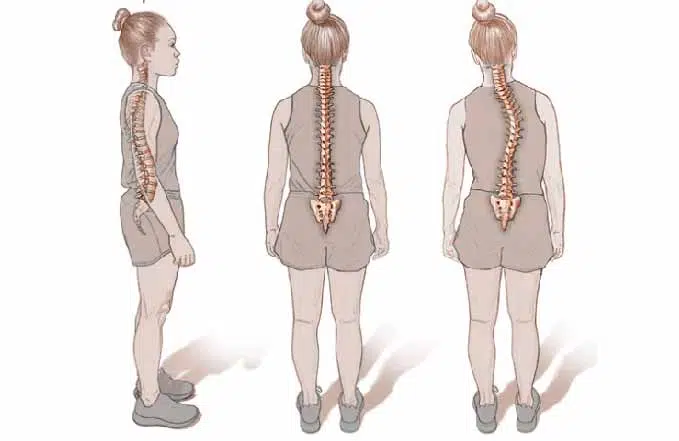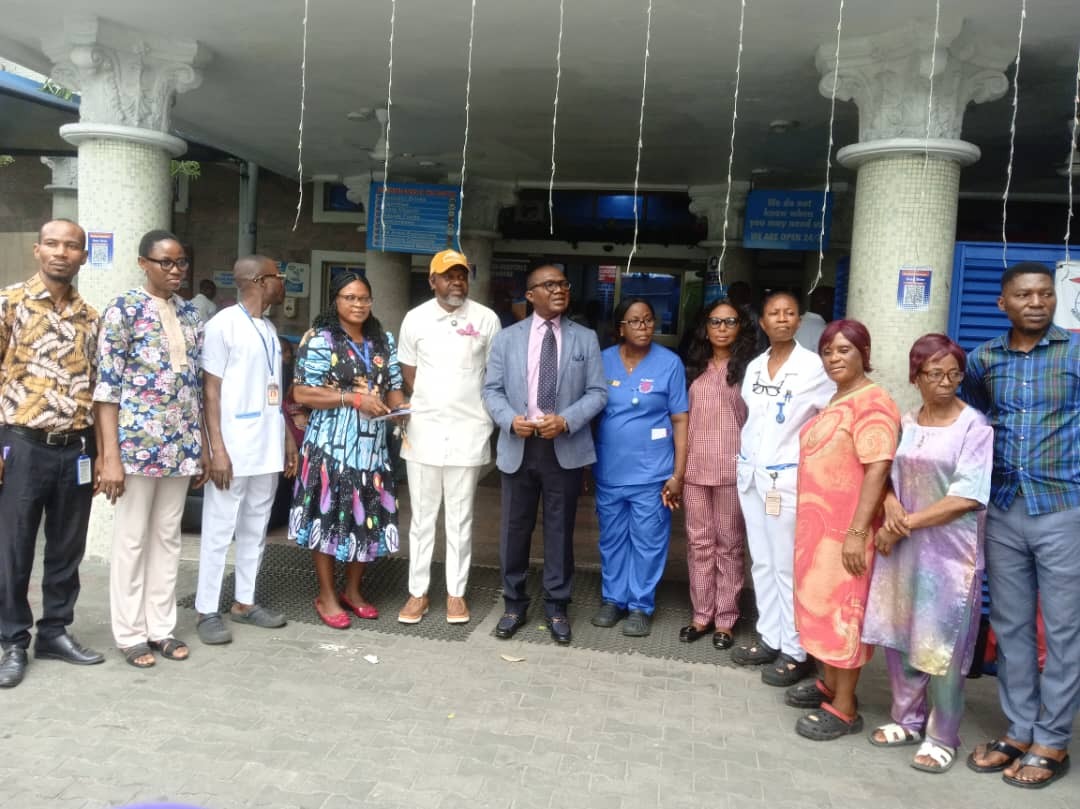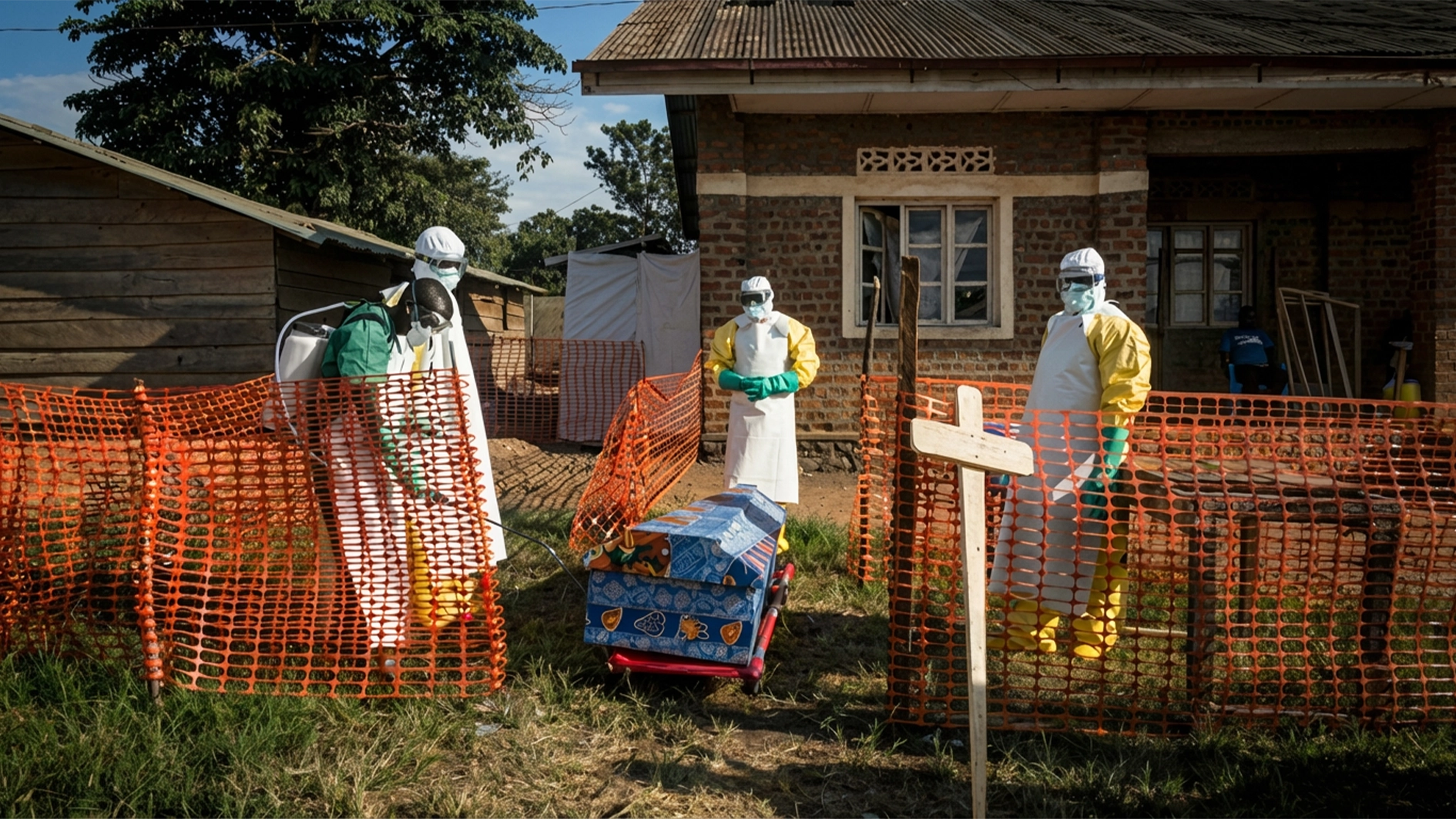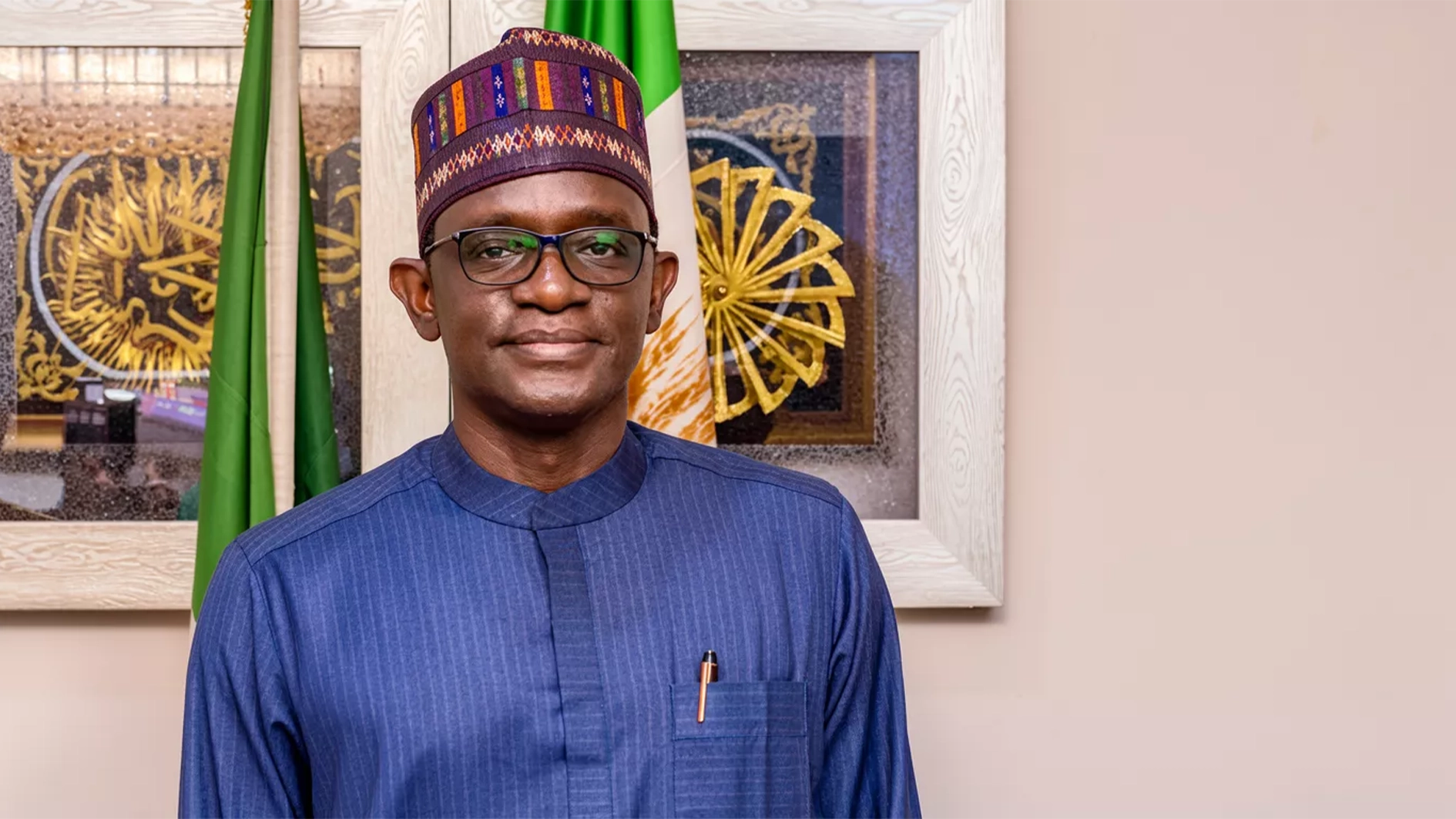
A group, Massive Awareness for Rare Diseases (MARD) Nigeria, on Thursday, visited markets in the Igbona area of Osogbo, the capital of Osun State, to create awareness of rare diseases and advocate for those affected by the ailments.
The sensitization and awareness drive was part of the activities marking this year’s International Rare Disease Day, which is observed on February 28 every year.
The team was led to the marketplaces by one of the Osun State MARD Nigeria project coordinators, Funmilayo Abdullahi.
Addressing traders, buyers, commercial motorcyclists, and other passersby, Abdullahi educated them about the challenges and needs faced by about 400 million individuals living with rare diseases worldwide, noting that the community needs better diagnosis, treatments, and social support.
She told the market men and women that once they start noticing that any of their children or wards is falling down repeatedly while walking, they should take the affected child to a teaching hospital for proper diagnosis to confirm whether it is a case of muscular dystrophy, which is one of the rare diseases.
Abdullahi asked them to desist from tying rare diseases to spiritual attacks. Rather, parents and family members should show love and care to those affected and join in the campaign for increased empathy, promotion of research funding, and legislative changes aimed at improving the lives of millions living with rare diseases so that they can live well and fulfill their dreams.
Aside from muscular dystrophy, other examples of rare diseases include hemophilia, an inherited blood disorder that causes excessive bleeding and bruising; phenylketonuria, an inherited disorder that causes a buildup of phenylalanine in the body; and cystic fibrosis, a genetic disease that causes thick mucus to build up in the lungs and pancreas, among others.
Speaking in an interview with The Guardian, the Founding Director of the Foundation for Muscular Support Nigeria and Convener for MARD Nigeria, Oyindamola Adeniyi, explained that there are about 7,000 rare diseases globally, saying her organization has a special focus on muscular dystrophy, which she described as a progressive disease that leads to disability.
Adeniyi warned against stigmatization and reproach against those living with rare diseases, asking parents and guardians to stop locking rare disease warriors inside their houses or isolating them from society.
She said: “The fact that some parents want to separate their children who have muscular dystrophy and other rare diseases from society is just a minor challenge they face. They also need basic access to treatment, and unfortunately, there is no access to treatment, no access to therapy. When this disease progresses, there is a machine they connect to the lungs to help them breathe well. The pulmonologist will set the machine in a way that will help the patient with muscular dystrophy breathe properly.
“They (rare disease patients) face limited access to treatment and limited access to healthcare professionals who will help their cause. On the part of the government, they should not only focus on communicable diseases. When you look at health centers out there, they only focus on communicable diseases and immunizations, which are good, but the UN Sustainable Development Goals say no one should be left behind.
That is why we are advocating for muscular dystrophy to be added as a non-communicable disease. These are genetic diseases, which is why we are calling on parents to join us in advocating that governments and other well-meaning Nigerians should subsidize treatment, make drugs affordable, and improve access to diagnosis.
They should also bring in health professionals who are vast in this area to help train our healthcare professionals.
“Muscular dystrophy can only be treated; it has no cure. Patients need physiotherapy and occupational therapy so that they can still find something to do and become economically responsible to society. If they are provided with jobs, they can live longer and fulfill their dreams.”






